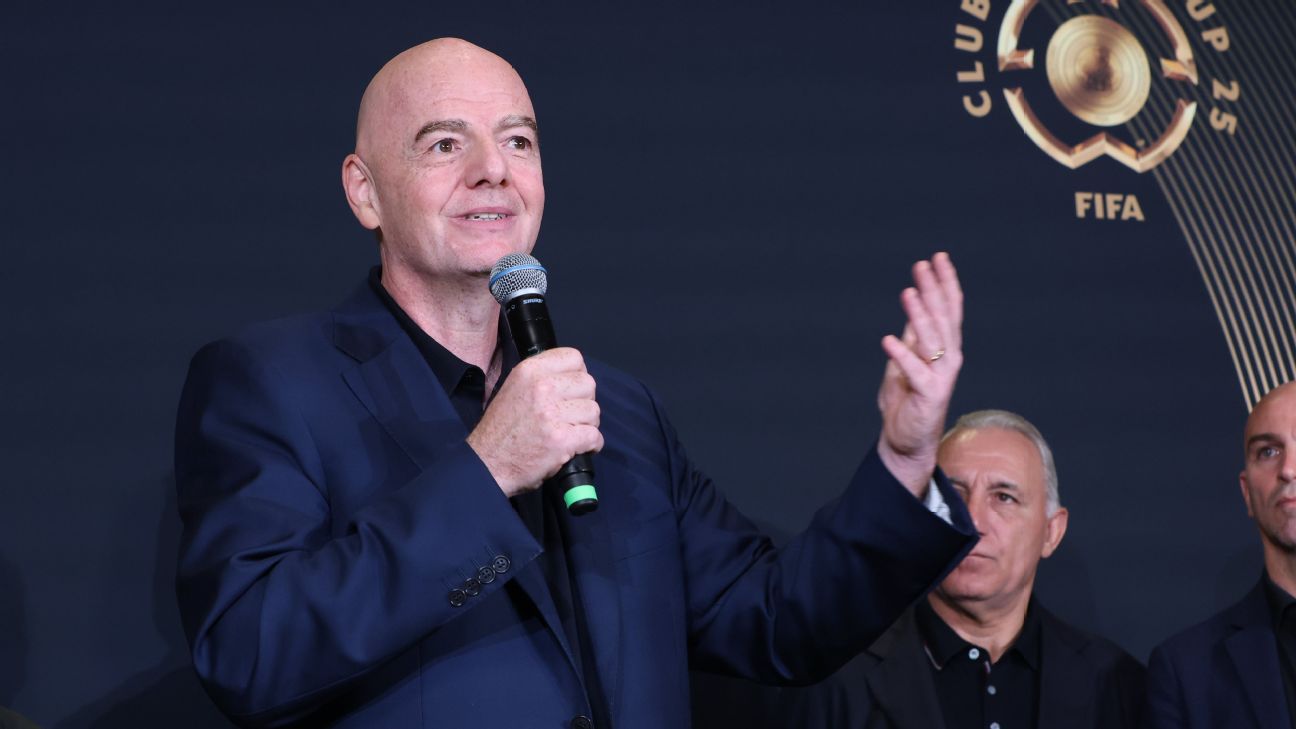FIFA has announced that there is an agreement between player representatives and the governing body of the sport regarding the necessity of a 72-hour resting period between matches, as well as a commitment to ensure players receive at least 21 days off after every season.
These discussions took place just before the Club World Cup final featuring PSG and Chelsea.
Held during the European offseason, the tournament has encountered criticism from unions, driven by an increasing emphasis on player welfare that is fueling demands for obligatory rest periods and a heightened focus on player safety during games.
In the lead-up to the month-long Club World Cup, football authorities faced renewed pressure to protect players amid growing concerns about injuries and burnout. Recently, the French union representing professional football players harshly criticised the event, declaring it “urgent to stop this massacre” in light of continued worries about excessive player workloads.
FIFA President Gianni Infantino and other officials from the governing body convened with representatives from player unions globally in New York. FIFA described the discussions as “progressive,” stressing that the health of players is a “top priority.”
“There is a consensus that there must be at least 72 hours of rest between matches, and that players should have a rest period/holiday of at least 21 days at the end of each season,” FIFA said.
Implementing a strict 72-hour rest period could necessitate significant changes to particular match schedules and television contracts.
FIFA did not specify how this would be practically enforced. For instance, European teams participating in the Europa League often play domestic matches on the following Sunday after playing late on Thursday. A strict 72-hour break might require them to delay their next match until Monday.

This would pose a significant challenge for the German Bundesliga, which discontinued Monday night matches in 2021 after years of protests from fans advocating for more convenient weekend game times. When the league first introduced the unpopular Monday matches four seasons prior, it defended the move by stating it would lead to more rest for teams competing in the Europa League. The upcoming Bundesliga television contract, which starts next season, also excludes any Monday matches.
FIFA further stated that players should also be afforded a rest day each week, and that considerations around travel demands and weather conditions will be taken into account in future competition planning.
The Club World Cup, featuring 32 of the world’s top teams, has faced opposition since FIFA announced its addition to an already crowded schedule.


 Trending
Trending 